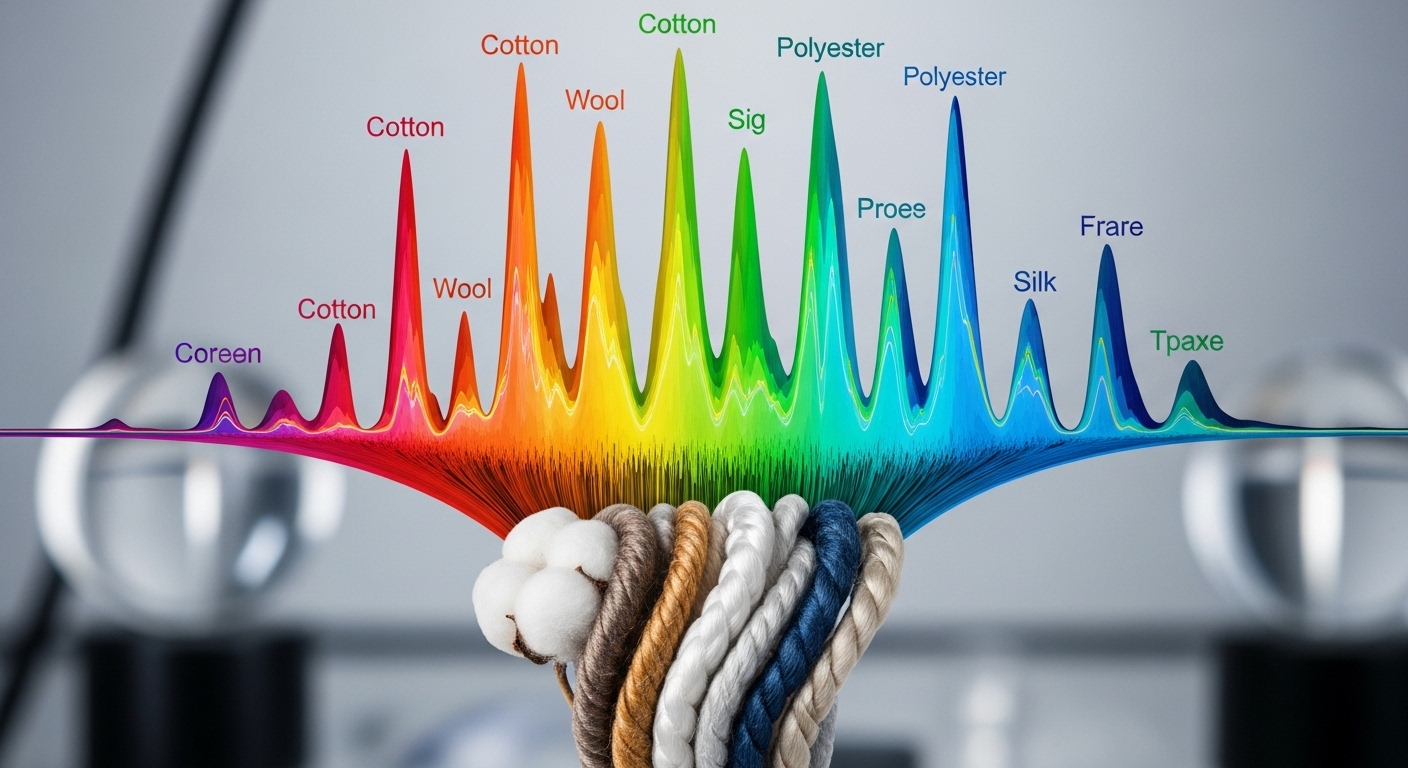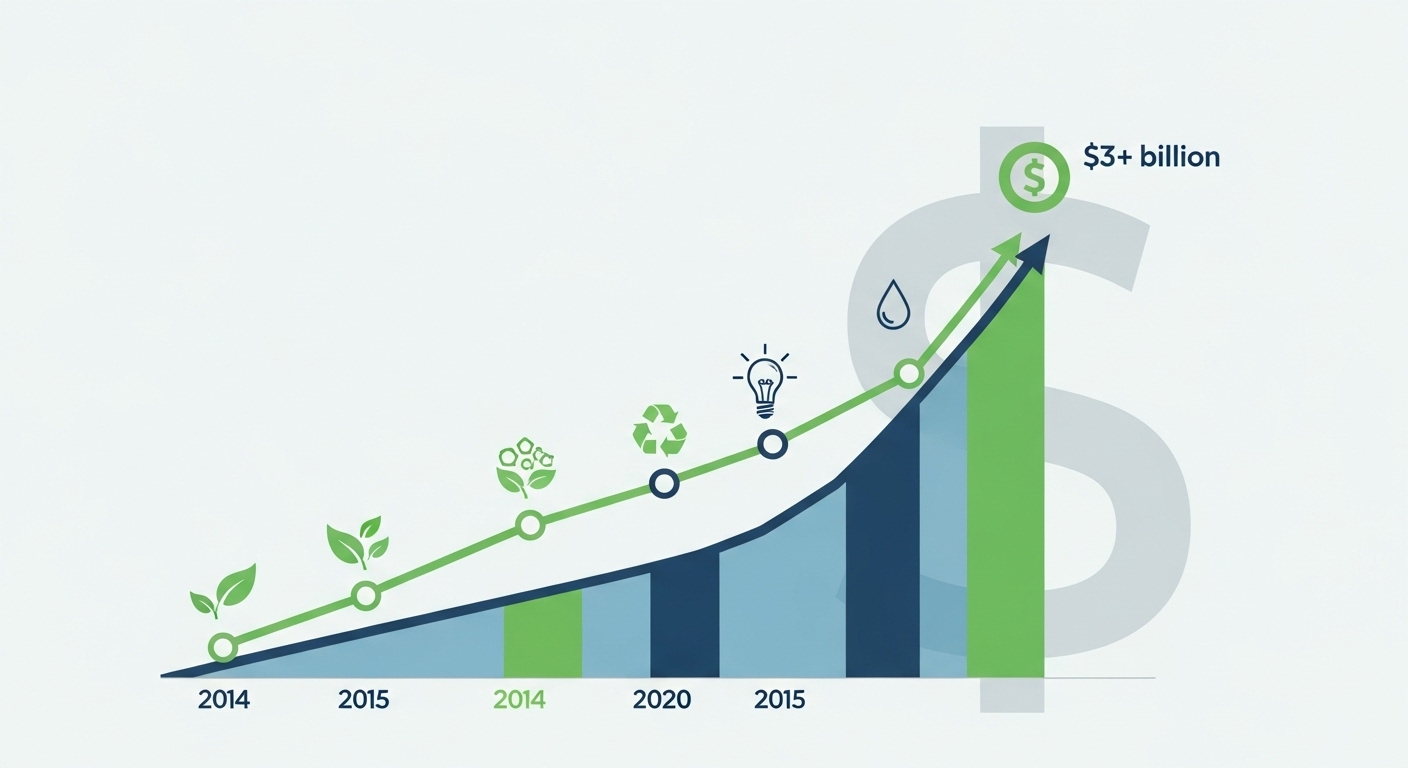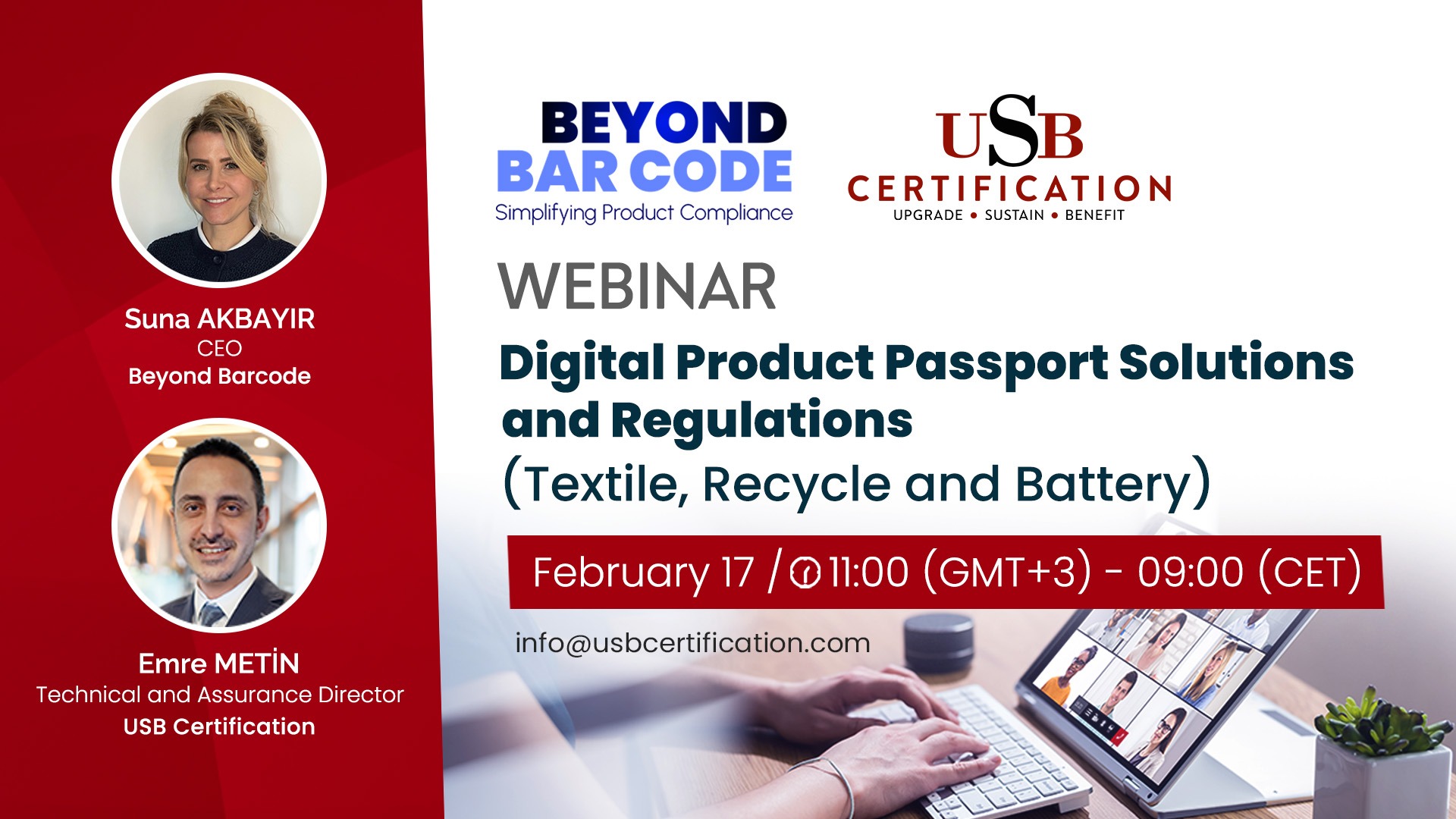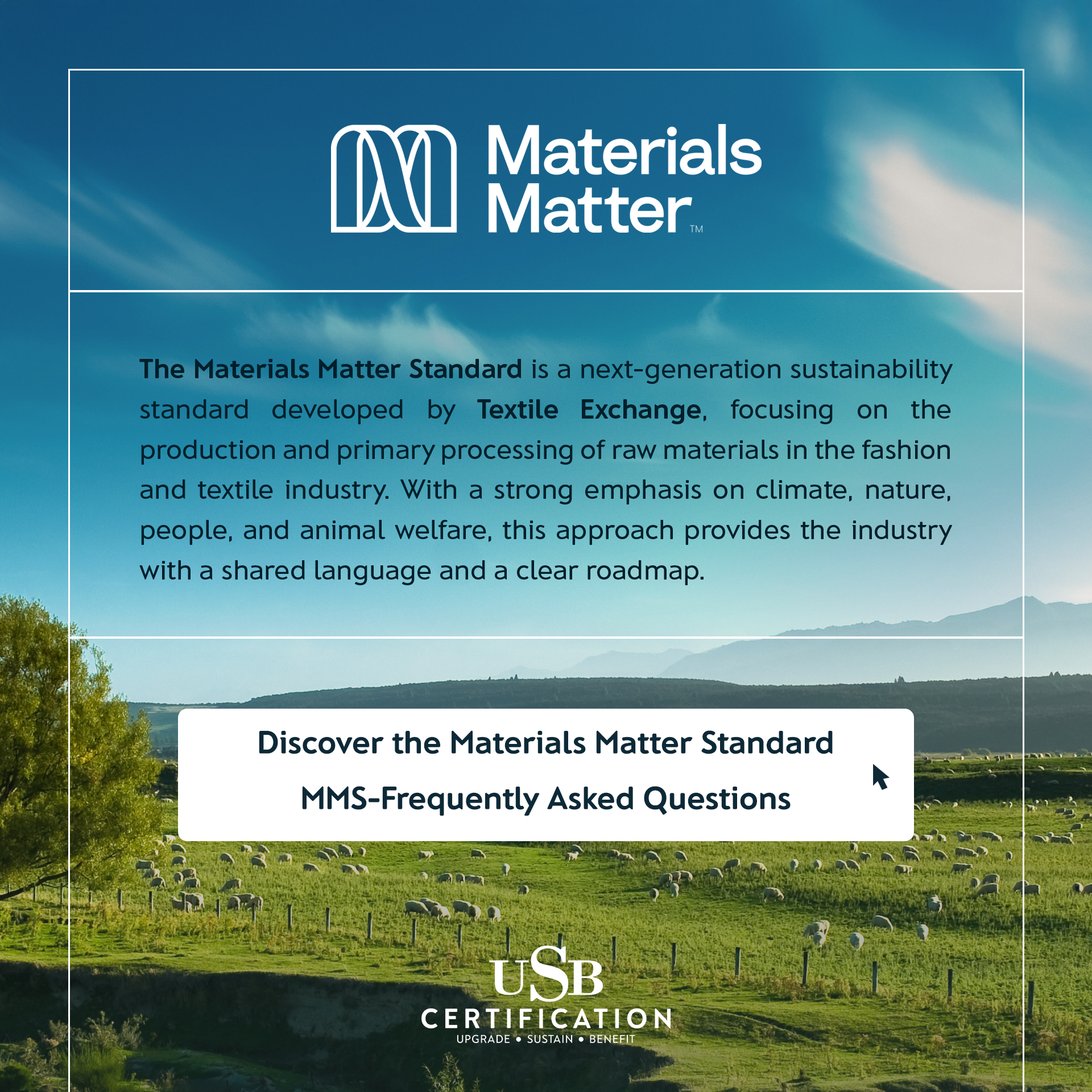The textile and recycling sector encompasses various elements involved in the production of textiles and other products that can be used in the textile industry, starting from their creation to the collection, processing, and repurposing of textile products that become waste after use. These elements include the collection and sorting of products that turn into waste after their production and use, cleaning, recovery, or transformation into reusable products. Along with the close relationship between these two sectors, redesign, energy production, and continuous technological innovations are also significant components of the sector. Textile and recycling represent a crucial sector that supports sustainability goals in production and recycling processes and aims to reduce the environmental impacts of waste textile products resulting from the final use of the produced goods. To briefly explain the main components of these two sectors:
Textile Sector
- Raw Material Production: The production of various natural and synthetic fibers such as cotton, wool, and polyester, obtained through agricultural or chemical processes, forms the foundation of the textile industry.
- Production and Manufacturing: The transformation of fibers into yarn, yarn into fabric, and the production of textile products occur at this stage. Processes such as weaving, knitting, printing, and dyeing are part of this phase.
- Distribution and Marketing: The distribution, sale, and marketing of produced textile products are carried out through different channels such as retail stores, online platforms, or wholesale.
- Fashion Design and Trends: The fashion industry includes elements like setting design trends, creating collections, and developing products that meet consumer expectations within the textile sector.
- Technological Innovation: The textile sector continuously innovates in areas like new production methods, material developments, sustainable production techniques, and smart textile technologies.
- Sustainability and Environmental Awareness: In recent years, there has been an increased focus on sustainable production and waste reduction in the textile sector. The importance of eco-friendly practices, such as recycling and the use of organic materials, is growing. These elements constitute the fundamental components of the textile sector. The sector has a significant economic and social impact on a global scale with its wide range of activities.


Recycling Sector
- Waste Collection and Sorting: The recycling process begins with the collection of used materials. At this stage, different types of waste (plastic, glass, paper, metal, textile, etc.) are separated and properly classified.
- Processing and Recovery: Collected wastes are processed to make them suitable for recycling. Plastics are melted down, glass is subjected to melting processes, and paper and cardboard materials are processed for recycling.
- Reuse and Recycling: Processed wastes are transformed into new products or materials. For example, new packaging can be made from recycled plastics, and new fabrics can be produced from textile wastes.
- Energy Production: Some types of waste can be converted into energy by burning or through biological processes. This allows the use of waste as a source of energy.
- Technological Advancements: The recycling sector continuously develops new technologies. These technologies aim to make waste processing and recycling processes more efficient, environmentally friendly, and economical.
- Education and Awareness: Awareness and education are important for the success of recycling. Public awareness campaigns are conducted on topics such as waste management, the importance of recycling, and the proper separation of wastes. The recycling sector plays a crucial role in waste management and sustainability. These elements help reintegrate waste into the economy and environment, aiding in the more efficient use of resources.
Importance of Certification and Standards in the Textile Sector Certification and standards in the textile sector play a critical role in a range of important issues such as product quality, reliability, consumer confidence, and environmental impacts. Here is the importance of certification and standards:
- Quality Assurance: Certification and standards help ensure the quality of textile products. Adhering to a certain quality standard guarantees key features such as durability, color fastness, and texture of the products. This helps provide customers with longer-lasting and satisfying products.
- Consumer Confidence: Products that comply with standards create a sense of reliability and trust for consumers. Having products certified to meet quality standards is a significant factor in consumer choices.
- National and International Market Access: Products that comply with certain standards can compete in national and international markets. Some countries or regions mandate certain standards, and certifying compliance with these standards can facilitate market access.
- Reduction of Environmental Impacts: Certification and standards are important for reducing environmental impacts in the sector. For example, standards that promote organic textile production or the use of sustainable raw materials encourage environmentally friendly and sustainable production.

Certification services provided by USB Certification include:
- GOTS (Global Organic Textile Standard): GOTS is a standard that regulates the certification and labeling of organic textile products globally. Products compliant with this standard require the use of sustainable materials, such as organic cotton.
- OCS (Organic Content Standard): OCS is used to verify organically grown raw materials from the field to the final product.
- GRS (Global Recycled Standard): GRS is an international, voluntary, recycled content product standard that sets requirements for third-party certification, chain of custody, social and environmental requirements and chemical restrictions. Products conforming to this standard demonstrate the use of recycled materials.
- RCS (Recycled Claim Standard): RCS is a standard that aims to prove the presence and quantity of recycled material in the final product through third-party input and supply chain verification and is not required to meet environmental, chemical and social requirements
- RWS (Responsible Wool Standard): RWS is a standard that promotes the sustainability and animal welfare of wool products. Wool products compliant with this standard support ethical wool production.
- RDS (Responsible Down Standard): RDS is a standard that preserves the sustainability and animal welfare of down and feather. Products compliant with this standard indicate the use of ethical down and feather.
- RMS (Responsible Mohair Standard): RMS refers to a standard that encourages the sustainable and ethical production and supply of mohair. Products compliant with this standard offer assurance that mohair is produced and processed with environmental and social responsibility.
- RAS (Responsible Alpaca Standard): RAS refers to a standard that encourages the sustainable and ethical production and supply of alpaca wool. Products compliant with this standard offer assurance that alpaca wool is produced and processed with environmental and social responsibility.
- Regenevate: Regenevate is a standard aimed at improving soil health, increasing biodiversity, and enhancing ecosystem services.
- GMO-Free Turkish Cotton: This term indicates that Turkish cotton is genetically unmodified (GMO-Free). It is a certification program that verifies cotton is grown without genetic modifications and chemical interventions.
Sustainable Fiber Alliance ( SFA) : Launched in 2015, the SFA standard is the first comprehensive sustainability standard for cashmere. It ensures full traceability from herders in Mongolia and China to the final product. Developed through extensive stakeholder consultation, it follows ISEAL best practice guidelines.
BCI Cotton Consumption Verification : According to the Better Cotton Initiative (BCI), all Retailer and Brand Members must verify their cotton consumption measurements to maintain credibility and ensure compliance with sustainability claims.
BCI Chain of Custody : Better Cotton Chain of Custody (CoC) verification is a third-party verification process conducted by accredited certification bodies to ensure compliance with the Better Cotton Initiative’s (BCI) Chain of Custody requirements.

News and Announcements





